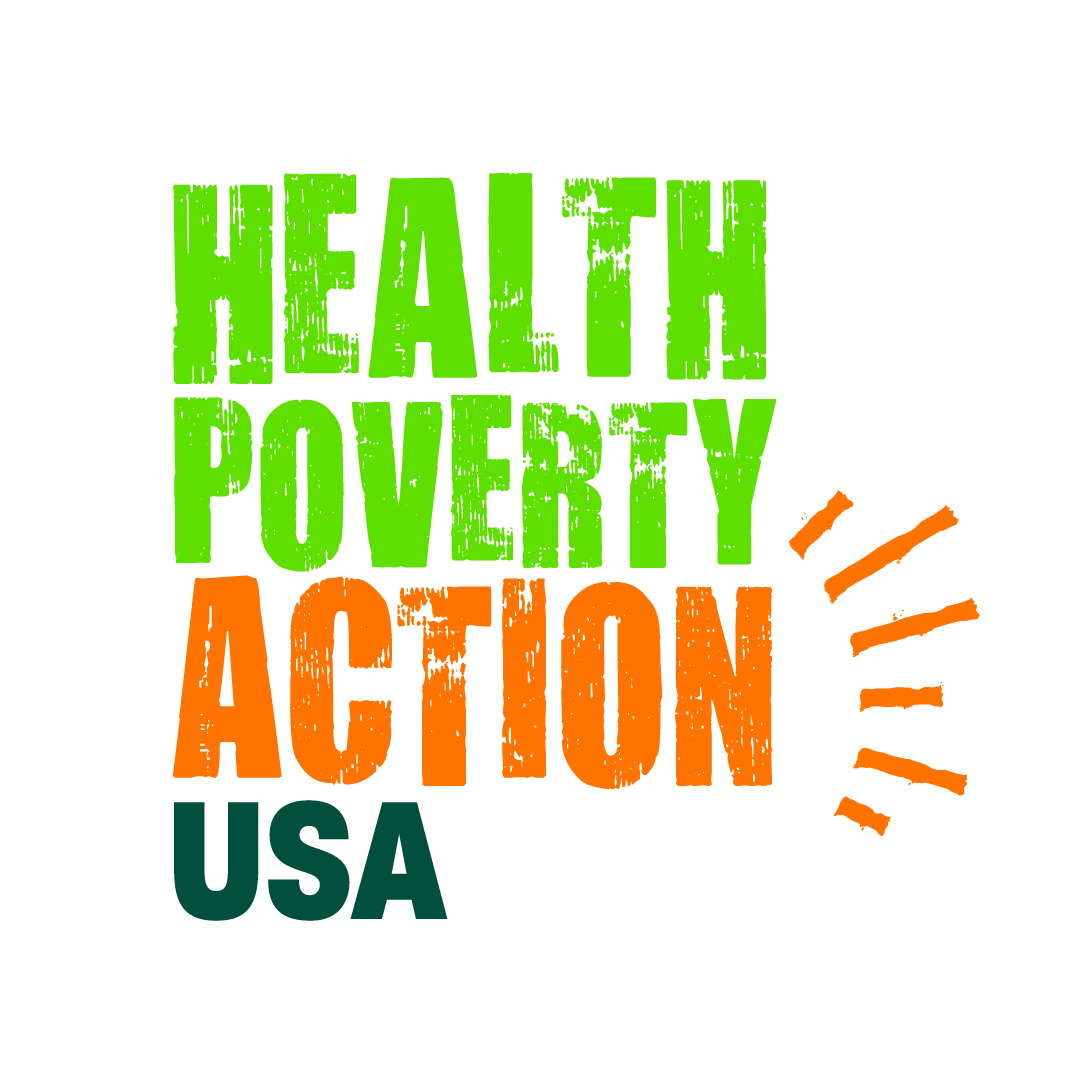A health system is the way in which all health services are provided. From how they are financed to the workforce, facilities and supplies available, a strong health system will ensure that everyone is able to access high-quality healthcare without financial difficulty.
Everyone has the right to access healthcare. Yet to many people around the world, this right is denied. In the US certain groups of people – such as undocumented immigrants – are being denied care. Globally, more than a third of the world’s population – around 2.4 billion people – currently have no access to a basic health facility.
Many people live in countries where health systems for providing services are under-funded and overstretched, especially in the global South.

A weak health system can mean that:
- Healthcare facilities do not exist where they are most needed. This is especially true in rural and remote areas where the distance to travel to a facility – or the cost to do so – is too great.
- Facilities that do exist are under-staffed and under-resourced. This means they are unable to provide high quality culturally appropriate healthcare or vital services such as those for mental health.
- Poor quality services give rise to mistrust and suspicion, which deter people from seeking healthcare when it is needed.
- Service users are charged a fee for seeking healthcare to fill the funding gap. This pushes many people into poverty or again deters people from seeking healthcare when it is needed.
Causes of a weak health system
Weak health systems are not inevitable. Underfunded and under-resourced health systems are a result of power imbalances between governments and powerful Western actors who have imposed policy reforms that severely undermine the provision of healthcare. Such reforms include reduced government spending on public services and privatization of public services. To find out more about this visit our page on Power and Politics.
Visit Power and Politics
This is why we work to strengthen health systems around the world in two key ways; directly working with poor communities to make robust and accessible health systems, and campaigning to make sure governments in wealthy countries commit to strengthening health systems in poor countries.
See how we work to strengthen health systems in our Voices section.
Read our stories

